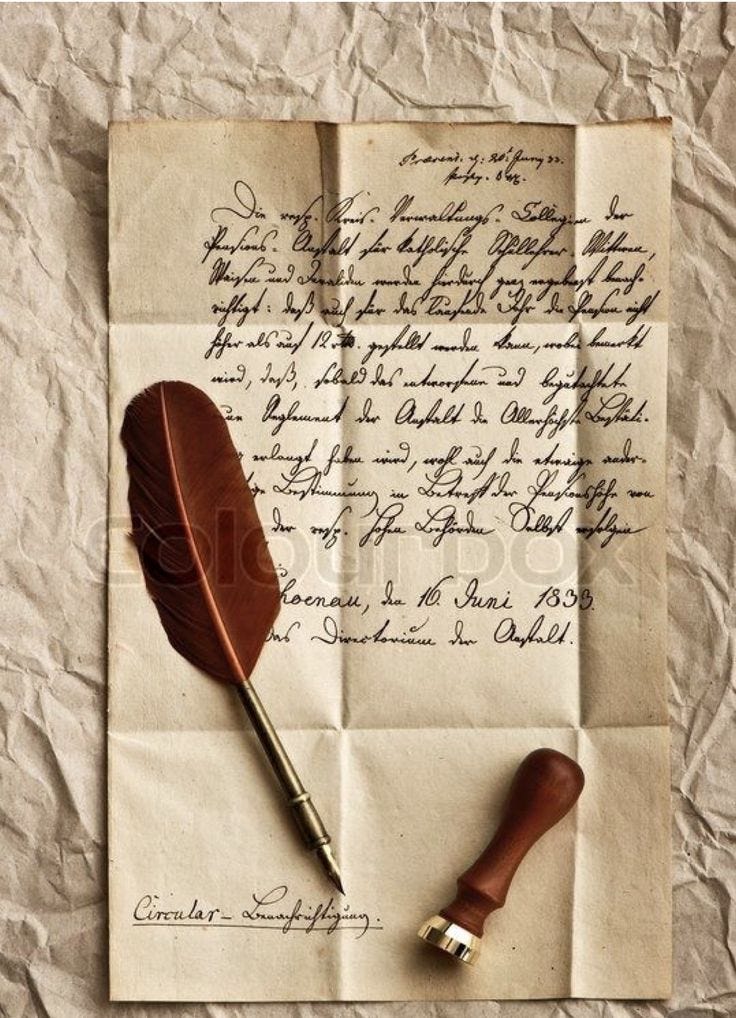There is little doubt about the efficiency of the internet. You can do things in seconds online that would otherwise take hours or days offline. If you live in a relatively remote place or struggle to leave home for whatever reason, the internet is not just your friend but maybe even your best friend. The internet is a net gift to humanity. I’m fairly sure of that.
However, we’ve been assuming internet efficiencies would somehow come as a benefit without costs when every ounce of efficiency means we also lose something we value.
I recently had lunch with a close relative of one of the early internet pioneers. I shared my impression outlined in a previous post that people are losing faith in the internet. He said he had noticed a similar shift in perspective, and with a certain amount of glee he summarised the feeling as follows:
The internet is efficient, but it’s shit.
I hesitate to swear, but four-letter words have their poetic moments, I am quoting someone else, and poetry invites repetition and speaking aloud, so if you are alone, or even better if you are in company, see how it feels to say:
“The internet is efficient, but it’s shit.”
It’s not quite the whole truth, right? But it feels like a relief to say it.
**
Inconvenience and inefficiency are not identical, but the mistake of misunderstanding and over-valuing efficiency is similar to the misunderstanding and over-valuing of convenience. Both efficiency and convenience might be thought of as vices masquerading as virtues. I exaggerate, maybe, and more precisely they are probably virtues that only become vices if we fail to recognise we can have too much of them. Even so, I see them as undercover agents of the liberal imaginary - through them so much is done, but so much is undone too, and usually in a way that covers their tracks. Much is lost in the name of ease and speed.
Last year I was delighted to play quite a significant part in a BBC Radio 4 documentary series called Oliver Burkeman’s Inconvenient Truth which argued for the value of inconvenience. I think most of the arguments apply to inefficiency too.
One way to think about the underlying point is this: imagine receiving a card in the post that someone has created themselves from a distinct kind of quality paper, with an illustration they have drawn on the cover, and inside there is a carefully worded message in their handwriting and this has been posted in an old-fashioned way, by finding an envelope and a stamp and walking to a post box.
On receiving this letter, would your first thought be: why didn’t you just send me an email?
More likely you would recognise this is a meaningful act, and you may feel touched and cherished. The basis of that feeling is about appreciating the time and effort made by the person sending it. Your experience of meaning and appreciation is almost inversely related to the convenience and efficiency of the act. In this case, it’s precisely because the sender did something inefficient that you value it.
I don’t know how you would quantify this beyond doubt, and I am still erring on the side of emails for now. However, I am declining online meetings and events more than I used to, and I believe one offline meeting is worth at least three online meetings. I am currently going out of my way to meet up with old friends and see people in person wherever possible.
I am reminded of the idea of ‘taking the scenic route’ - going the way that is probably not the fastest, but because it has more intrinsic value. I feel ‘the scenic route’ can be considered figuratively too, as the way of freely chosen inefficiency that applies in our daily choices. Faced with the tyranny of efficiency, taking ‘the scenic route’ might be an important act of resistance
**
I will be experimenting with shorter posts here for a while. Do let me know if that would be welcome. I still plan to finish my series on The Future of Peace here, but in general it makes sense to write extended posts on Perspectiva. There will be an audio update with a stream of consciousness on life and work for paid subscribers of The Joyous Struggle soon.





Many years ago the philosophy honors society at my university asked me to deliver a "Last Lecture." I did, calling it "How Entertainment, Efficiency, and Numbers are killing us." One of the premises of my argument was that efficiency is what we seek when we're doing things we don't want to be doing. Thus, the more efficient we become, the more we can do that we don't want to be doing, and that is killing us. In my online, official, faculty biography, I conclude, "Despite every well-meaning attempt to reform him, he remains hopelessly disorganized and defiantly inefficient." -- P.S. I loved Seven Deadly Sins. Thank you.
Great article expressing one of the biggest problems of the world we live in which predominantly values and rewards efficiency and convenience over beauty, love and sacredness. Cheers for the scenic route!